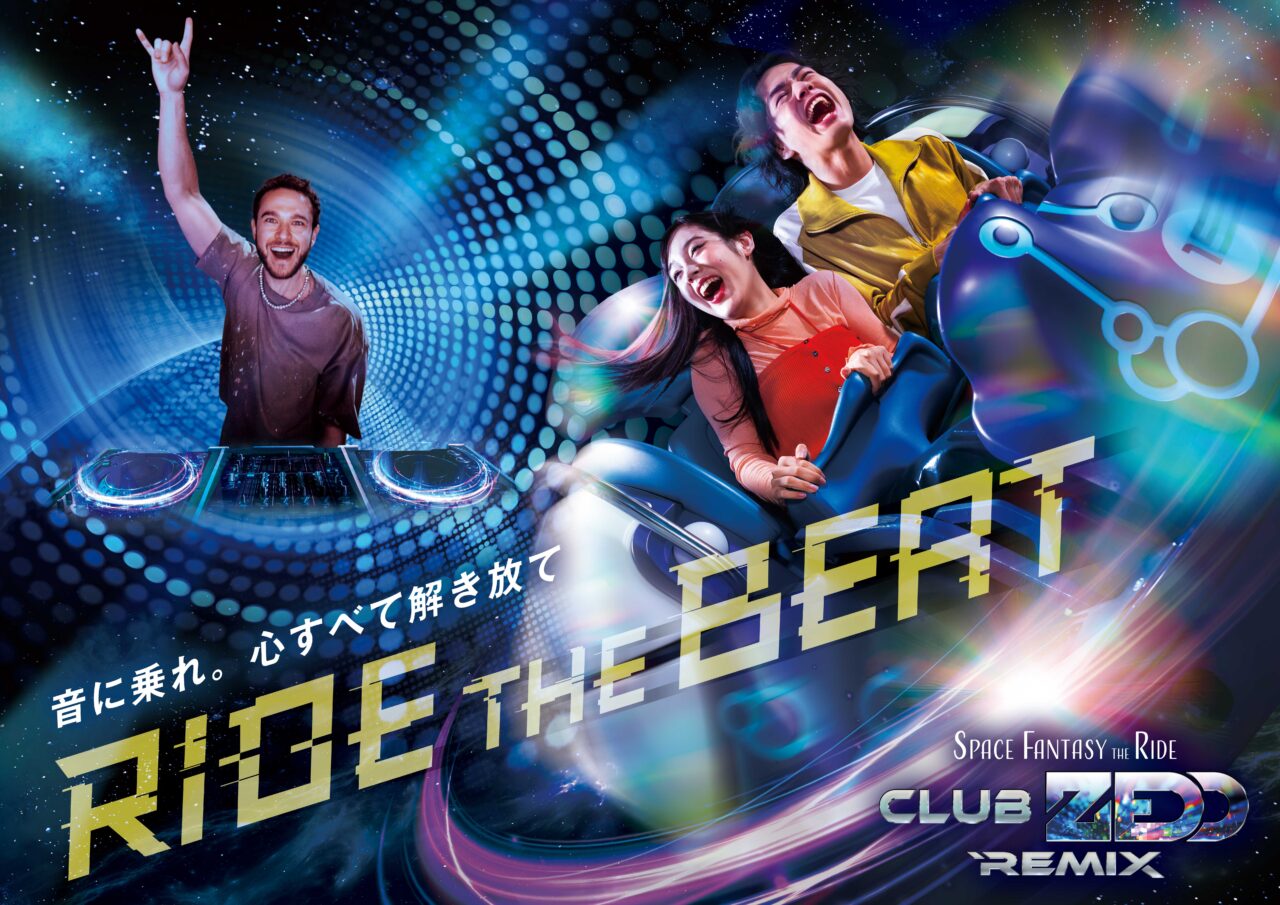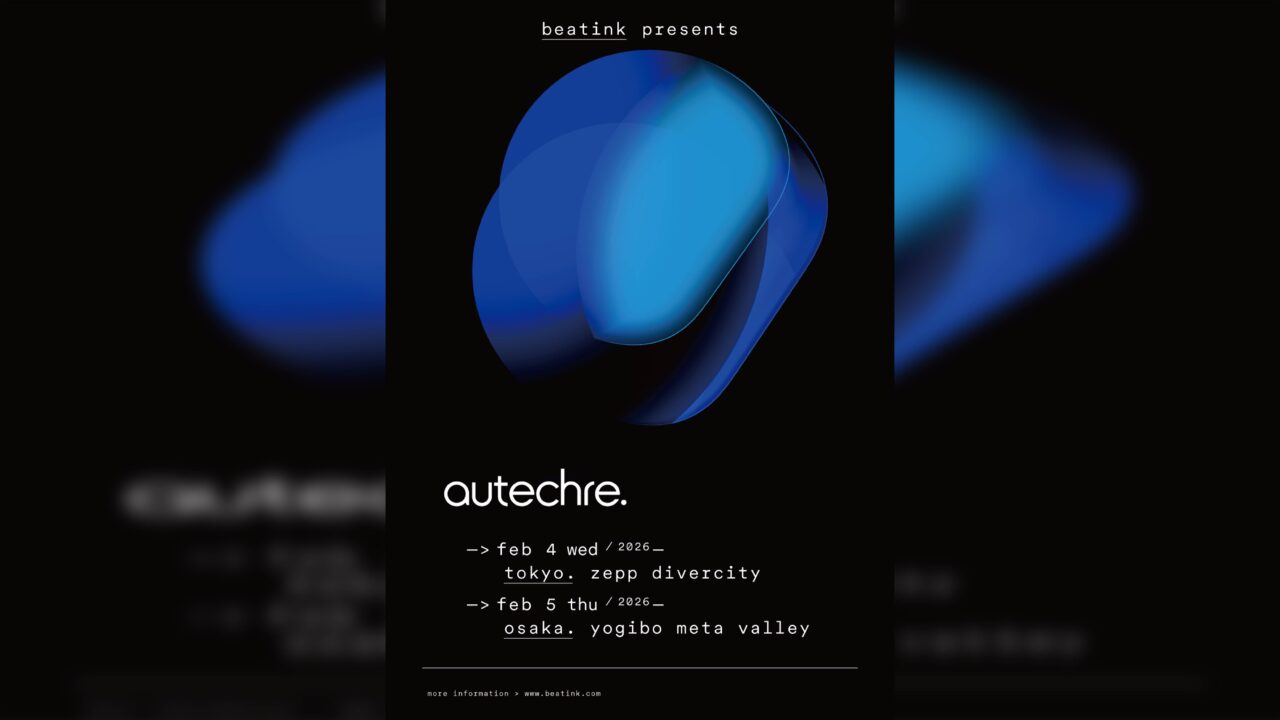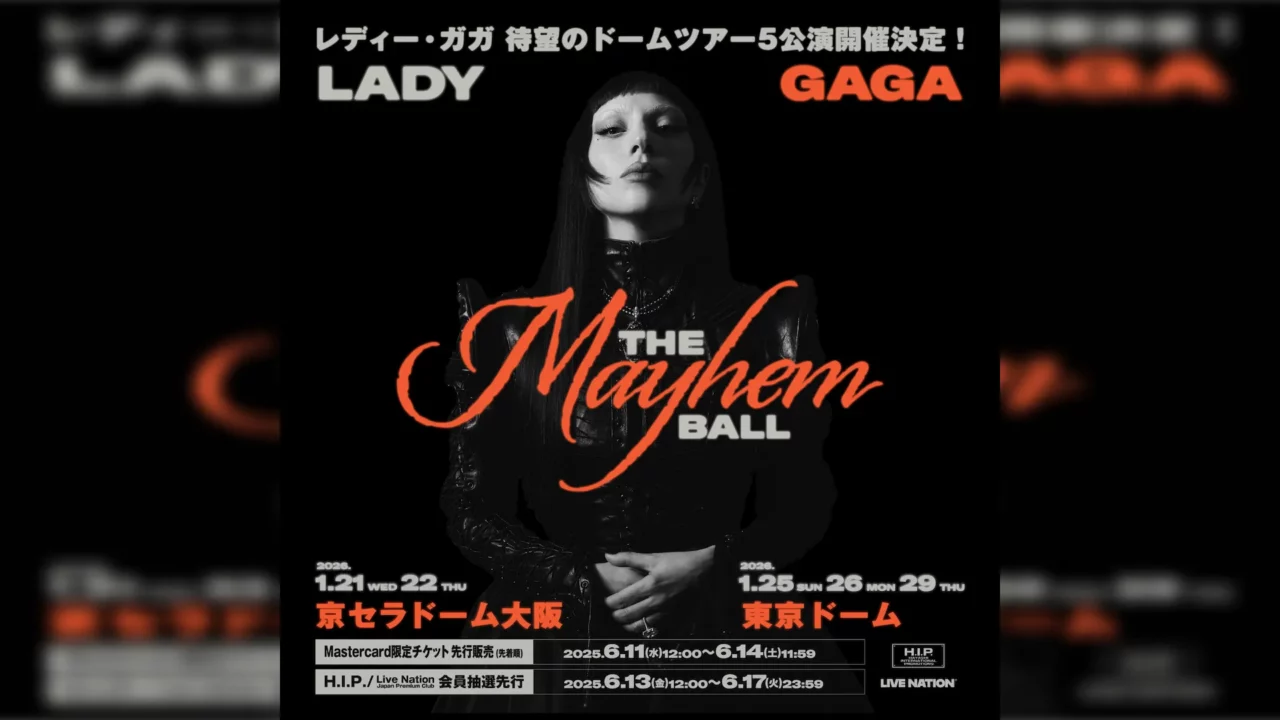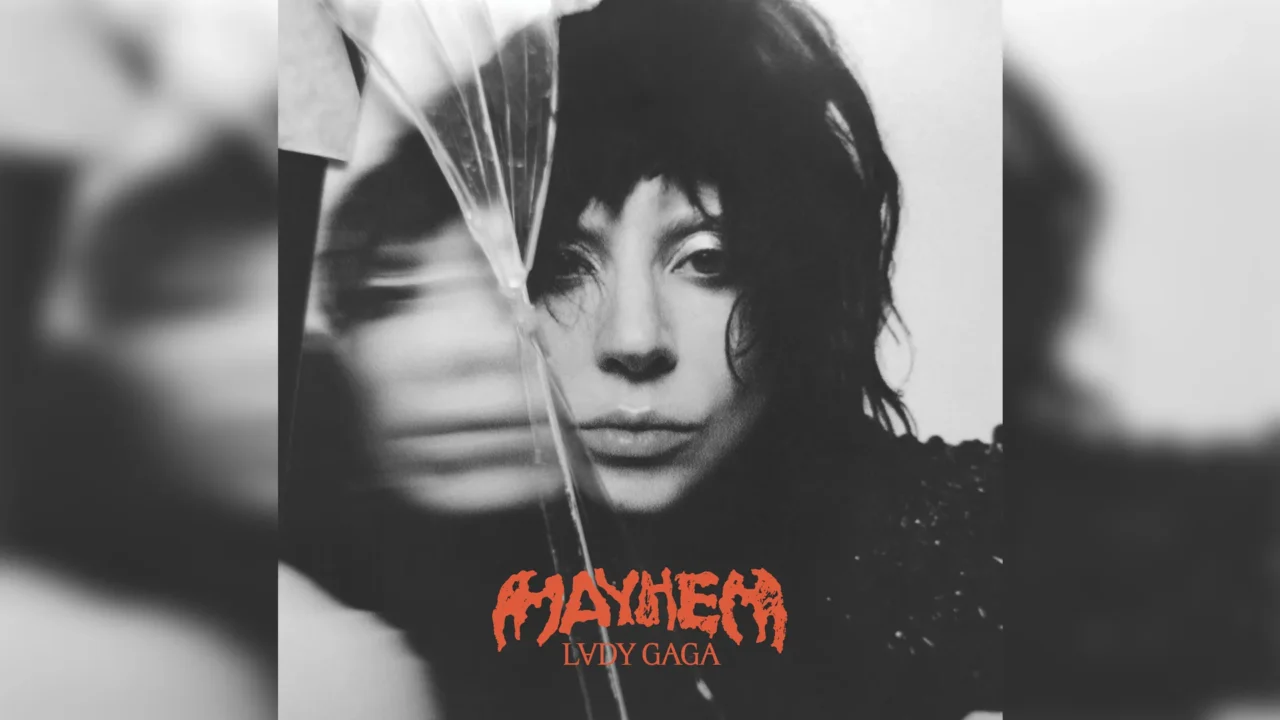As the popularity of R&B and soul-inspired pop music continues to rise in Japan, a new and exciting talent has entered the scene: Roka. Born in 1997 in Kanagawa Prefecture, Roka is a self-produced artist who writes, composes, and arranges her own music. While this might suggest a seasoned singer-songwriter, she also possesses the captivating charm of a pop star. So, who exactly is she? Intrigued by this, we sat down for an interview and uncovered a fascinating and unconventional journey. Despite having only two tracks released so far—“CUTENESS” and “Samenumama.”—it’s clear that Roka is a rising talent of the new generation. In this exclusive interview, we explore the background that shaped her and the unique path that led to the creation of Roka.
INDEX
A Teenage Obsession with One Direction: Using the Same Styling Products
I have a lot of questions today, but first, can you tell me what kind of music you’ve been passionate about?
Roka:When I was young, I remember my dad loved listening to Utada Hikaru, and her music really stuck with me. Later, in elementary school, I started listening to K-pop, influenced by my mom. At the time, TVXQ and BIGBANG were popular, and I remember watching live videos on my iPod’s small screen. That said, I didn’t come from a musical family. I also took piano lessons in elementary school, but I stopped after the teacher I had became too strict [laughs].
So when did you start choosing music to listen to on your own?
Roka:When I was in middle school, I became really into One Direction. From there, I started listening to Western pop, like Justin Bieber, P!nk, and Bruno Mars.

What drew you to One Direction?
Roka: I was attracted to the pop nature and catchy melodies of their songs, but it wasn’t just that. I think I was also drawn to their looks, hairstyles, and the charm they had outside of their music. At the time, I was really into hairstyling and would spend around 30 minutes every morning styling my hair. I even researched and ordered the products they used and tried them out myself [laughs]. I also watched their documentary footage.
It’s impressive that you went so far as to research and order their styling products!
Roka:I was really passionate about it. Also, One Direction was formed through an audition program, and I loved watching shows like that. That admiration led me to start attending a dance and vocal school.
-I see.
Roka:In high school, I quit basketball, which I had been doing, and joined the light music club. Then, I applied for an audition for a training program run by a major agency, and I got in, so I started taking lessons. It was around that time that I began seriously thinking, “I want to make a living with singing.”
You were enrolled in a dance and vocal training program!
Roka:Yes, that’s right. In the light music club, I did One Direction covers and sang the vocals, and I took lessons in the training program. I would go to Tokyo once a week to learn singing and take comprehensive lessons in dance and acting once a month. Later, I had the opportunity to join a larger agency’s program, but it was mostly focused on dance. I took dance lessons about four times a week.

Based on what you’ve shared so far, it sounds like you were on track to form a dance and vocal group and debut [laughs].
Roka:Right? [laughs] While I was going through those days, my dance and vocal school teacher often had us dance to old-school hip-hop. That sparked my interest, and I found myself drawn less to dance and more to music from before I was born. Around the same time, after graduating from high school, I started attending a music vocational school, and that’s where I began to discover older music. This is when my perspective on music started to change a bit. But the real shift came after I dropped out of vocational school and discovered the blues. I was amazed to learn that in a single song, you could have a solo instrument, and I could feel a charm that was clearly different from the pop music I knew.
INDEX
Sticking Too Closely to the Original Feels Restrictive, So I Choose to Sing My Own Songs
Blues! This is taking an unexpected turn.
Roka:I started listening to Eric Clapton, and that’s when my focus shifted from just vocals to also being interested in instruments. I began exploring instrumental music. I also listened to a lot of Tom Misch, who wasn’t as well-known at the time. He used to upload videos of himself making music on YouTube. As I started paying more attention to the instruments in music, I found myself enjoying improvisation as well. I found a new kind of joy outside of just singing.
This seems like quite a rare case. Why do you think this shift happened?
Roka:Hmm… (pauses for a moment) I think it’s because, at the dance and vocal school I was attending, I started singing songs with more complex arrangements. Instead of sticking strictly to the original, I started adding my own twist, like mimicking the way Justin Bieber or Bruno Mars sings, and gradually expressing my individuality. For some reason, I felt the urge to do that. But of course, at the school, they would tell me to stick closer to the original. So, I started thinking, “If I write my own songs and sing them, no one will complain.”
Maybe you don’t like being confined by rules?
Roka:I think that’s probably the case (laughs). At the school, the other students would compliment me, but the teachers would tell me to stop. That’s when a bit of rebellious spirit started to grow in me.
And that led to a shift in the way you listened to music?
Roka:As I started trying to write songs, I began learning about mixing and arrangements on my own. I started paying attention to things like how reverb is used, how the bass sounds, and how strings are arranged, which made me start to view music more holistically. Before, I was focused mostly on vocals, but now I started focusing on the overall structure and texture of the music. That’s when I became a fan of John Mayer. His songs are great, and his arrangements are very inspiring. I also started listening to Anderson .Paak and Hiatus Kaiyote, and I still love them to this day.
When you started composing your own music, how did you go about it?
Roka:I started by playing simple chords on an acoustic guitar that my dad bought for me. Then, I learned how to make tracks using a DAW (Digital Audio Workstation) on my laptop. I watched Tom Misch’s videos and learned from them. I would look up how to compose and arrange music on YouTube, practice making melodies on the keyboard, and just gradually honed my production skills.

It sounds like a big shift from the dance and vocal school. Starting from scratch must have been tough, did you ever face any setbacks?
Roka:Yes, I did. I started studying audio engineering and began doing mixes… and at one point, I kind of lost sight of the goal. I even thought maybe I should become an engineer instead. So, I actually quit music for a while. I stopped listening to music altogether, and during that period, I only listened to podcasts with my earbuds. Then, after more than a year, my passion for composing suddenly came back, and I decided to start creating music again.
At that time, were you still attending the dance and vocal school?
Roka:I’m not sure… I don’t really remember if it overlapped with that period.
So, you no longer considered debuting in a group?
Roka:No, I never really thought about joining a group. From the start, I was focused on finding a way to debut as a solo artist. I guess you could say I had a bit of a conflicted mindset. My desire to sing was always stronger than my passion for dance, so I knew I wanted to pursue a solo career.
INDEX
Roka’s Debut: Collaborating with Fukuoka-Based Co-3oly on New Music
How did you end up debuting as Roka?
Roka: I had been making music for a while, but there was no end to it. Without releasing anything, I kept working on tracks endlessly. So, I realized I needed to release something. I created an account under a different name and started distributing my music. That was when I experienced how to finish a track. During that time, my current label listened to my music and reached out, which led to my debut as “Roka.”
As a singer-songwriter, it’s clear now why your songs have such a big, glamorous scale. You’ve had quite a unique journey. Afterward, you released “CUTENESS.” How did you approach creating this track?
Roka: “CUTENESS” was originally a song I released under a different name, but I re-arranged it. The first version was mixed by me, but for this fresh start, I worked with a producer to rebuild it. The producer is Co-3oly, an 18-year-old from Fukuoka.
When I listened to the track, I found it quite intriguing. In the last decade or so, there has been a noticeable increase in the number of artists in Japan interpreting R&B and soul music in their own unique way through DAW. It’s interesting how each artist’s body language or unique quirks come through in their music. However, even though your track follows this approach, it’s so smooth and polished. It has this luxurious quality, like something made by a mid-career or veteran artist with a big budget and rich production.
Roka: I was definitely aiming for a chic and stylish vibe. The guitar sound is simple, without overly heavy effects. The arrangement is also minimal. The mix follows that approach as well. I spent about 10 hours with the engineer, experimenting, to arrive at this clean version. Originally, it wasn’t as clean and had a more playful element to it.
Why did the direction lean toward this clean style?
Roka: It was a result of discussions with the team. If it were just me, it would have ended up being a little more playful. When I’m on my own, I feel a bit embarrassed doing something too chic (laughs). But as we discussed it as a team, we realized that in today’s R&B and soul music, most tracks made in DAWs with software sounds are the norm, and there aren’t many singers focusing on live instruments. We wanted to challenge ourselves and do something different. I also paid attention to the groove. I changed the drums between the first and second choruses. The kick and snare remain in a 4/4 pattern, but in the second chorus, I added a “dun-dun” kick to create an 8-beat feel. Also, in the first chorus, I shifted the snare position to match the vocals. I added a lot of little details like that.
The simplicity of the track hides a lot of intricate techniques, doesn’t it? Your new song “Samenumama” is a complete shift, being a ballad. In this one, you’ve reduced the number of elements even further.
Roka: This track was also influenced by J-POP. Personally, I really like the ballads of artists like aiko, Official HIGE DANDism, and Fujii Kaze. Not just their ballads, but it’s fascinating to me how these artists create such free and unique songs within the mainstream. I feel the same way about NewJeans in K-POP; it’s impressive to see them doing the same thing.
It’s interesting how recent J-POP and K-POP have roots in that style. “Samenumama” also stood out because of the footsteps in the track. It’s a unique idea, and it gives a cinematic mood.
Roka: It was Co-3oly’s idea to add the footsteps, keeping in mind the winter theme. At first, in the demo I made, I had regular drum sounds, but he rearranged it. It’s a creative idea I wouldn’t have come up with on my own.
























